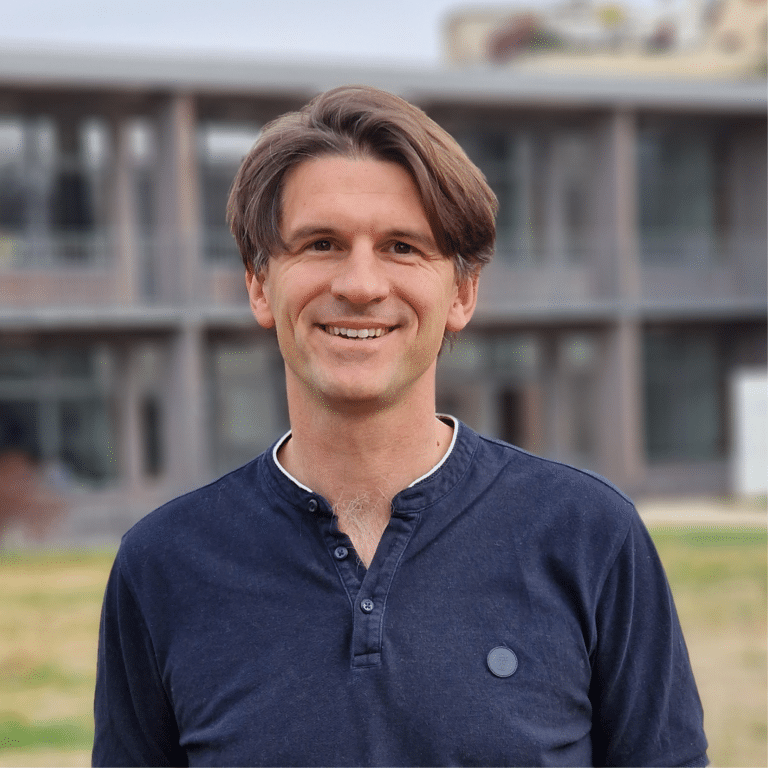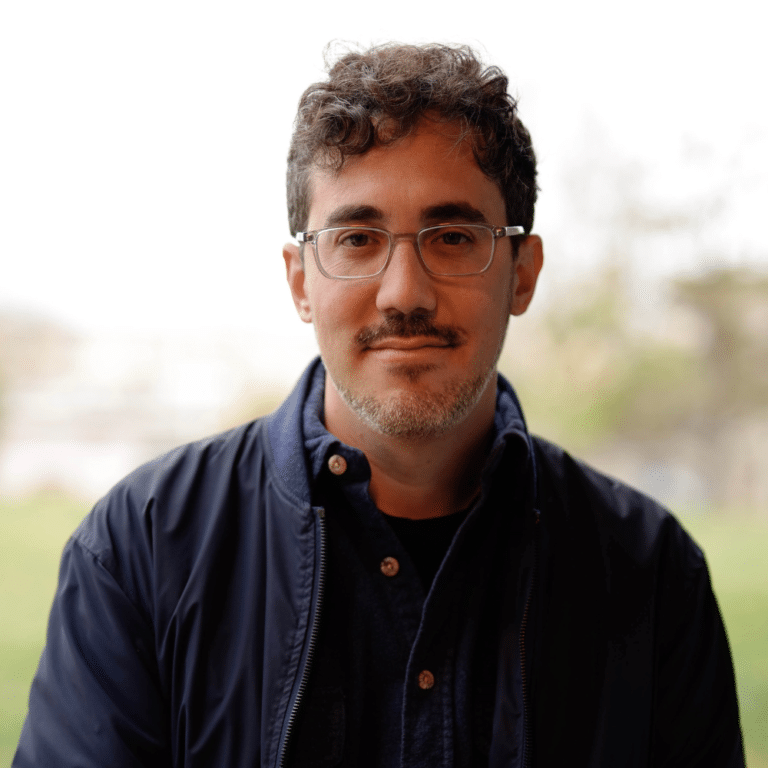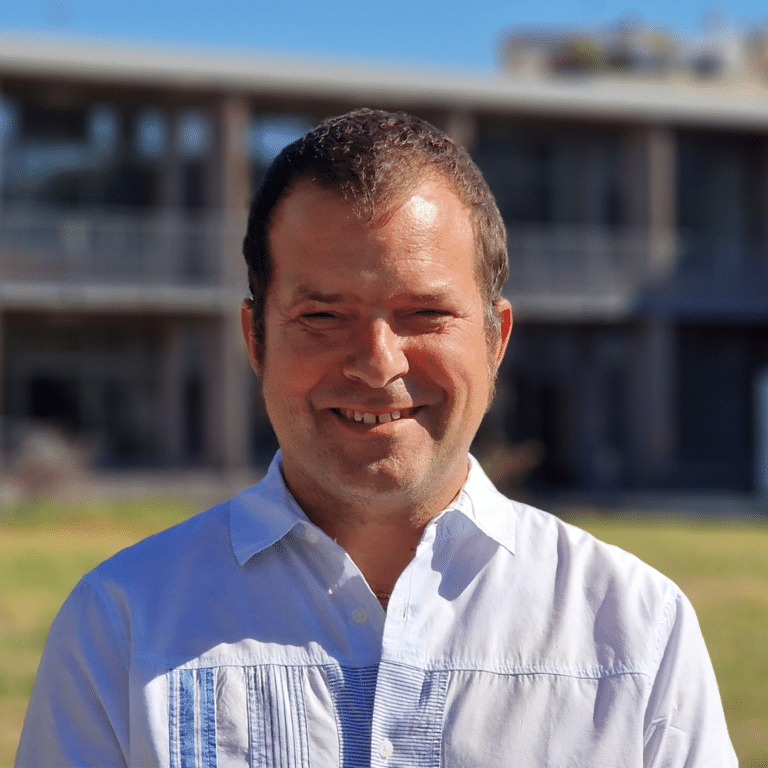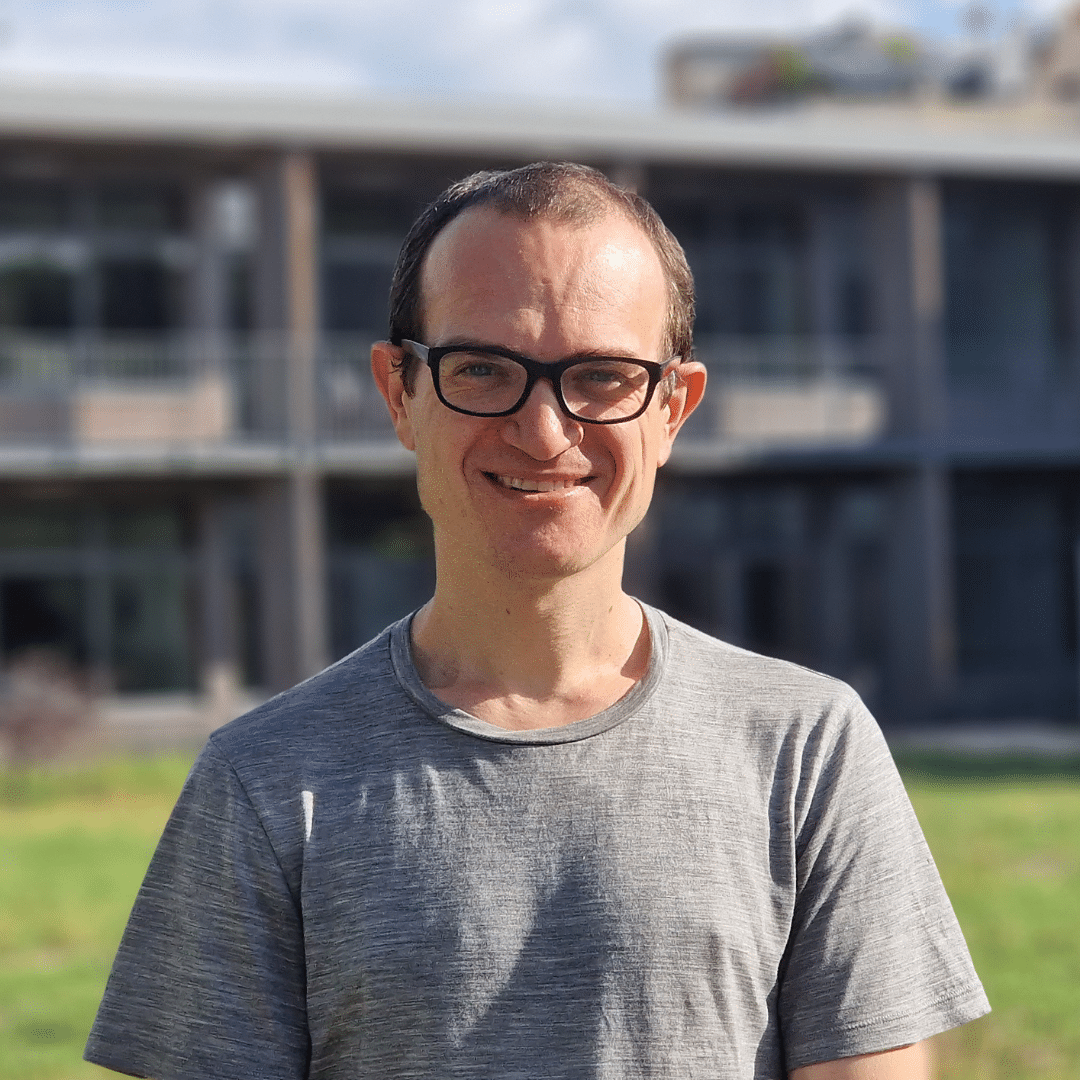
Credit: Timothée Andonian / Iméra
Christiaan De Beukelaer
Publication
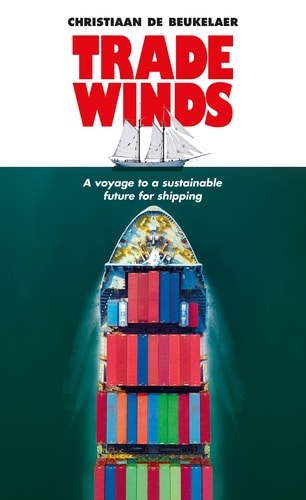
Research project
Shipping the Future:
Rethinking Maritime Cargo Transport in Line with the Paris Agreement
Summary of the research project
In late February 2020, Christiaan De Beukelaer embarked on an ethnographic research project aboard the Avontuur, a hundred-year-old sailing ship, to understand how ships transporting cargo under sail can operate sustainably. At Iméra, he will be thinking, reading, and writing as part of the group of researchers working on “Necessary Utopias” to advance my project “Shipping in the Oceanic Commons: Regulation and Prefiguration.” His work on shipping decarbonisation and wind propulsion is, after all, as much about imagining the future as it is about breaking with the past. That’s why he calls the current phase of thinking “Shipping the Future.”
Sail Cargo and the Prefiguration of Sustainable Shipping
The shipping industry is a major polluter, contributing significantly to greenhouse gas emissions. However, small sailing cargo vessels, like the Avontuur, offer a glimmer of hope for sustainable shipping. Christiaan’s journey on the Avontuur allowed him to explore the functioning of these prefigurative niche companies and their vision of decarbonizing the shipping industry through wind propulsion. While at sea, he documented the challenges and opportunities they face in this pursuit. He published the book Trade Winds / Cargo à Voile that recounts this voyage. At Iméra, he continues to focus on the shipping industry, but with a somewhat different focus: the tension between normative visions for the future and the “realistic” or “feasible” trajectories of climate action pursued by the industry and its regulatory body, the International Maritime Organization.
The Ethnographic Exploration:
As an ethnographic researcher, Christiaan immersed himself in the sail cargo movement to understand its diverse community, including company founders, shareholders, professional crew, cargo owners, and volunteers. He conducted interviews and engaged with various stakeholders to comprehend their motivations, visions, and objectives. By observing their action-based advocacy for climate change intervention, he revealed how sail cargo initiatives contribute to prefigurative climate politics.
Examining the Visions:
Christiaan’s research critically analyzes the visions of future implicit in the climate initiatives of the shipping industry. He seeks to understand whether there is scope to look beyond changing propulsion mechanisms, by addressing excessive consumption and demand for shipping. This examination aims to shed light on the complexities and contradictions of prefigurative action (through wind propulsion) and regulation (through IMO negotiations) and their role in the shipping industry’s decarbonization trajectory.
Anthropology of Policy and the Quest for Climate Justice
The Challenge of Shipping Emissions:
The maritime transport industry’s enormous greenhouse gas emissions pose a significant challenge to global climate goals. Christiaan’s research adopts an “anthropology of policy” approach, focusing on shipping emissions regulations and the tensions between the pragmatic regulatory commitments at the IMO and the high ambition goals of the sail cargo community.
Competing Priorities in the High Ambition Coalition:
Christiaan investigates the approaches of the Marshall Islands, in negotiating emissions regulations. He explores how this Pacific state balances its commitment to ambitious climate action with domestic interests in the shipping industry. By analyzing official documents and conducting expert interviews, Christiaan aims to build a conceptual framework for public policy to govern the high seas in the Anthropocene.
Just and Equitable Transition:
One of the key challenges in shipping decarbonization is ensuring the energy transition leaves no one behind. Christiaan probes the concept of “just and equitable transition” within IMO negotiations, which can be interpreted differently by various actors. Christiaan’s work also examines the wider implications of his findings for other intergovernmental organisations and policy domains.
Biography
Christiaan De Beukelaer took up sailing to get away from his desk on weekends. This worked out well, until he developed an interest in how to decarbonise the shipping industry.
Trained as a Musicologist at the University of Amsterdam, Christiaan further studied both Cultural Studies and Development Studies at the University of Leuven. He subsequently lived in Burkina Faso and Ghana to study how governments and international organisations mobilised music industries as a driver of “development,” as part of his doctoral studies at the University of Leeds. This award-winning research took him to some of the best (and some of the worst) gigs he’s ever been to.
Throughout his career as an anthropologist of policy, Christiaan has tried to understand how power and ideology influence governance and regulation. After working on cultural policy for a decade, he changed tack to help address the climate crisis and rethink the future of maritime transport by focusing on climate policy instead. The constant throughout his research is an attempt to understand how the United Nations can be simultaneously dysfunctional and vital to a flourishing environment and human dignity in the face of an existential planetary climate crisis. Great ideas alone are, after all, rarely enough to change the world.
Christiaan grew up in Ghent, where he spent much of his teens living on a barge on the river Scheldt. He works at the University of Melbourne. He is a Fellow of the Royal Geographical Society.

